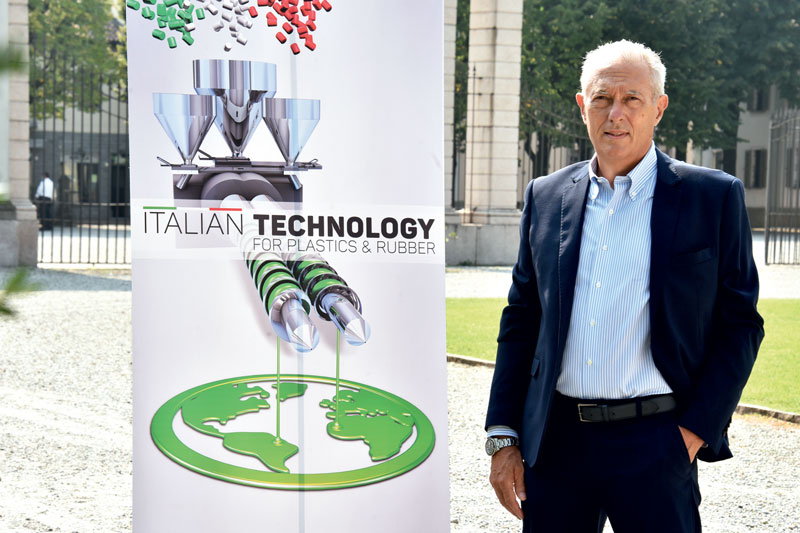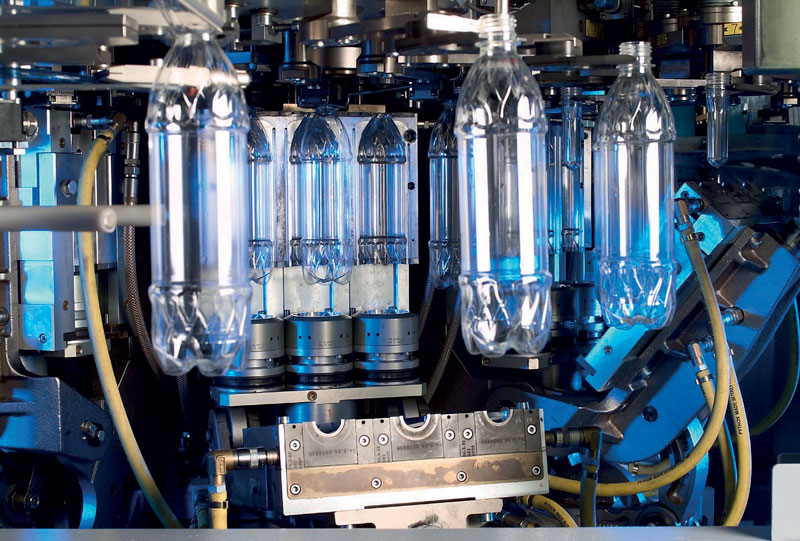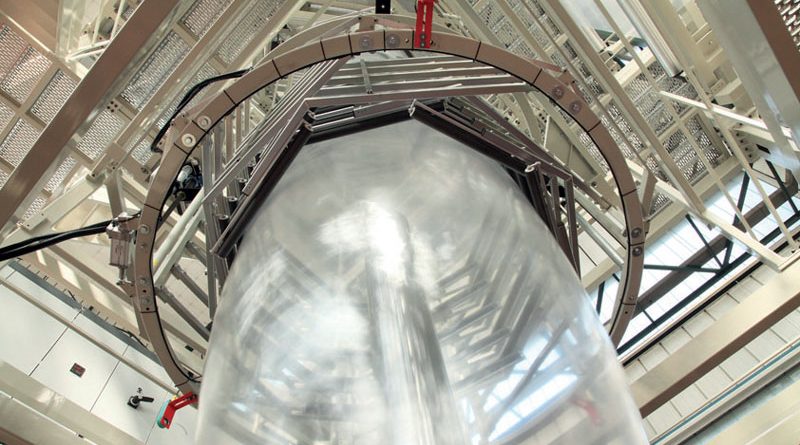Plastics and Circular Economy
For the Italian plastics and rubber processing machinery, equipment and moulds industry, thanks to the correct use of European funds allocated to support the recovery of economies, new opportunities could be created. Among young people, but not only, it is essential to spread a correct and widespread information on the potential use and, above all, recycling of this material, in terms of sustainability and circular economy.
Amaplast – the national trade association, member of Confindustria, of over 160 Italian manufacturers of plastics and rubber processing machinery, equipment, and moulds – celebrates its sixtieth anniversary this year. During this autumn’s annual member Assembly President Dario Previero illustrated the performance of the sector and acknowledged that the eight-year upward trend for the industry had come to halt and that 2019 had closed with negative results. But it was obvious, probably, and it is not the case to dwell on the negative notes, but on something else. For example, on the report entitled “Millennials: a generation without future… and without plastic?” presented at the end of the assembly and focused on the new generations, and on the interesting: round table discussion that concluded the day of work, entitled: “Plastic: its future in a circular world”.

What do young people think about plastics?
The report “Millennials: a generation without a future… and without plastic?” focuses on the new generations, what they think, how they move, and their opinions on plastics. The study by MECS (the economic study center for Acimac and Ucima, two associations with which Amaplast has recently established close collaborations) shows that the younger members of society, who naturally tend to get their information via virtual channels, would like to be better informed of the sustainability of their own consumption habits. As regards plastics, and plastic packaging in particular, their perception is not yet “mature” and it is thus indispensable to ensure accurate and widespread information on how plastic can be used and, most importantly, recycled within the perspective of the circular economy.

What new opportunities for the Italian Industry?
Thanks to the correct use of European funds allocated to support the recovery of economies, after the impact of the crisis caused by the pandemic, new opportunities could be created for Italy. During the round table discussion, the strength of Italy as a manufacturing and, above all, its growing stature in mechanical engineering, with a strong innovative and competitive thrust on international markets, was emphasized. Plastic is an indispensable material in our daily lives, but it is essential to raise con-sumer awareness that improper disposal of plastics causes both environmental and economic problems. In short: the key is education, not taxation. Plastic packaging itself is, on the one hand, a powerful vehicle for valorising brands and communicating messages, on the other, it ensures convenience and simplicity of use. Innovation thus takes us from the concept of a simple product to that of a service, with solutions that must be sustainable across the board.

